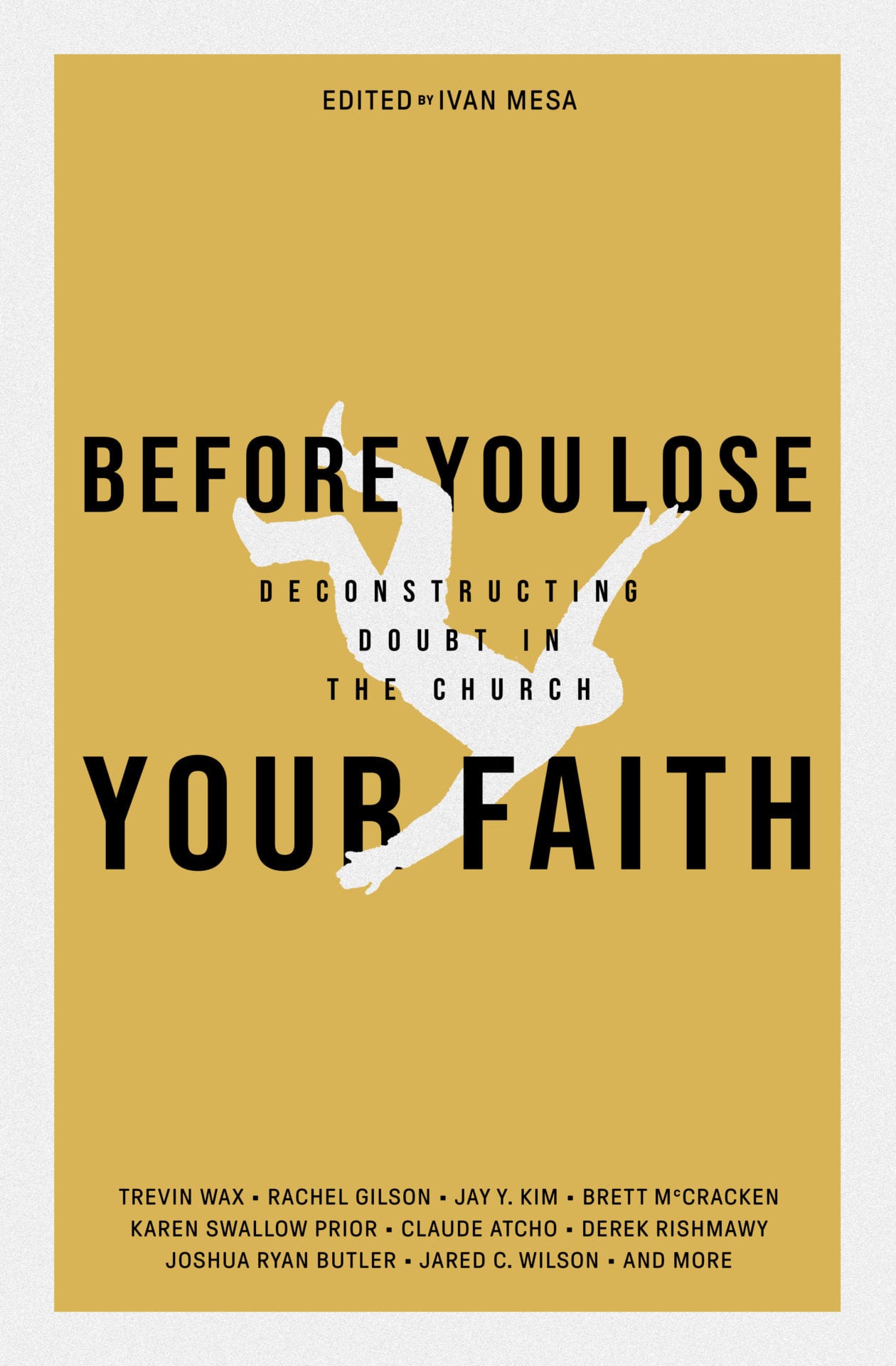It’s fashionable to lament the state of social media. Social media is addictive; it’s been linked to depressive symptoms; it can atrophy your ability to focus; it’s often a petri dish for tribalism and a playground for trolls.
I’ve heard all of this. At the same time, I’ve formed all sorts of relationships and learned all sorts of things through one social platform or another.
Regardless of whether social media is a net positive or negative, though, the simple truth is that many of us don’t have the luxury of walking away from it. I coordinate media and public relations for the organization I serve. This requires near-constant monitoring of news—and therefore social media—to do my job effectively. There have been days when social media has been a source a great joy, and others where, well, let’s just say it hasn’t.
Here’s what I’ve learned: social media must be harnessed before it can be leveraged for good. Here are six ways I’ve tried to do both.
1. Consider the location of your devices.
I don’t keep my phone at my bedside. For years, I told myself it was necessary because I used my phone as an alarm clock, and because I had a white-noise app I used during the night. In reality, though, I was addicted to information, and the alarm was merely a justification. As it turns out, a $5 alarm clock and $10 noise machine are equally effective. And when you put the clock on the other side of the room, you won’t hit the snooze button.
2. Design healthy routines.
Most days, I don’t look at my phone until I’ve had time in Scripture, and often, until after I’ve had a workout of some kind. In the past, I’ve most always checked email or Twitter within seconds of waking up. I can think of few ways to start one’s day more foolishly. For one, it often feels like starting the day with an acid bath. More importantly, it revealed a minor-league messiah complex in my own heart, as if sleep was forcing me to miss out on really important things.
Starting the day with Scripture and prayer locates me in communion with God before communication with the world.
Starting the day with Scripture and prayer locates me in communion with God before communication with the world. Working out is helpful to me, because the adrenaline rush makes me more alert and engaged. For many, caffeine may be preferable to cardio, but what’s most important is that you’re thoughtful about your routines, that they honor God, and that serve your best interests.
3. Control what you consume.
Be ruthless with whom you follow and what you consume. For example, I never look at my main Twitter feed. The grifter-and-garbage factor is so high and so unpredictable, I’ve learned it just isn’t good for my soul. Instead, I only access Twitter through lists I’ve created. That doesn’t mean I only follow people I like; echo chambers are destructive. I follow all sorts of people I disagree with, since I need to be challenged.
I follow some whose arguments I find reprehensible—it may be necessary for me to know what they say. Point is, I seek these things out on my terms and timelines. The time you spend designing your inputs and constructing well-rounded, well-curated lists will have huge returns.
4. Resist the urge to pile on.
An overwhelming percentage of posts in the social media universe are ephemeral (non)controversies. Many are unprofitable not only to engage, but to consume. And yet, venting outrage has become a twisted sort of national pastime. For those of us in Christ, it’s worth noting that his ministry was not characterized by a drive to “own the Sadducees” or “dunk on the Pharisees.” Dismissing trivial arguments and entrapment questions, he pointed them to the gospel.
Jesus’s ministry was not characterized by a drive to ‘own the Sadducees’ or ‘dunk on the Pharisees.’ Dismissing trivial arguments and entrapment questions, he pointed them to the gospel.
It’s all too easy, though, to be entertained by social media bloodsport. Much of it is closer to ancient Colosseum entertainment than we might like to admit. Instead, we ought to remember Paul’s admonition to dwell on things that are true, honorable, just, pure, lovely, and commendable (Phil. 4:8).
5. Develop rituals that show what’s important.
I want to make sure my children know they are far more important than whatever is on my phone. So my wife and I have instituted some little rules, such as not having a phone at the dinner table. I’ve also done other things, like making a little game where the kids compete for the right to push the “moon button” (the iOS Do Not Disturb button) on my phone before dinner.
I want my friends and family to remember me looking intently at them, not down at a screen.
6. Serve more than you signal.
I realize some have to use Twitter to deliver public statements and offer thoughts, often representing large constituencies, to the world. Many others don’t have that responsibility but would like it; they use Twitter to assume such a mantle.
There’s certainly a time and a place for everyone to speak out and engage. But I think it’s much healthier to use social media primarily to add value to your followers’ lives in the form of creating content, pointing to edifying material, or deliberately encouraging people.
It may be worth a periodic review of your feed to ask yourself—and some trusted friends—whether your posts serve your followers at least as often as they signal to your tribe.
Fruitful Engagement
Much more could be offered here, and different ideas could be suggested. My aim is simply to ask a question: are you using social media uncritically or strategically? Social media can be a helpful tool, but it must be wielded carefully to avoid its dangers.
As Christians, let’s engage fruitfully rather than furiously. It’s better for the world, and it’s better for your soul.
Free Book by TGC: ‘Before You Lose Your Faith’
 Many young people are walking away from Christianity—for reasons ranging from the church’s stance on sexual morality, to its approach to science and the Bible, to its perceived silence on racial justice.
Many young people are walking away from Christianity—for reasons ranging from the church’s stance on sexual morality, to its approach to science and the Bible, to its perceived silence on racial justice.
TGC’s book Before You Lose Your Faith: Deconstructing Doubt in the Church is an infusion of hope, clarity, and wisdom in an age of mounting cynicism toward Christianity.
For anyone entering college or the workplace and looking for a timely reminder of why Christianity is good news in a skeptical age, make sure to get your FREE ebook Before You Lose Your Faith today!
































